From Psychology to Aviation: My Journey at Cranfield University
09/07/2024
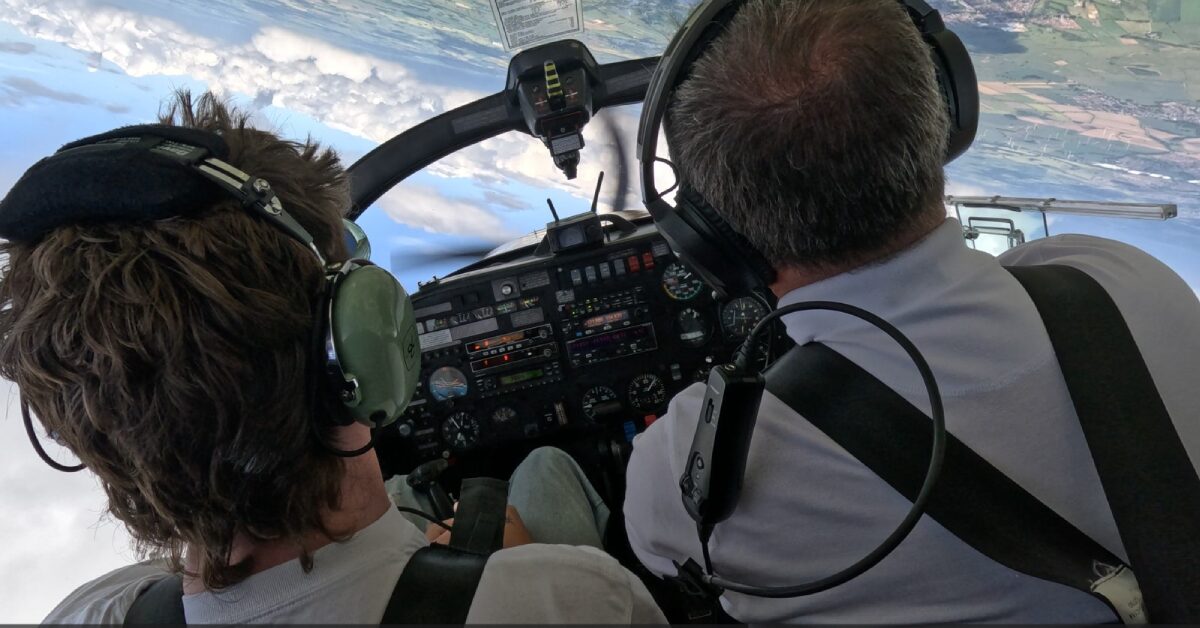
Why did you choose to study at Cranfield University?
I’ve always wanted to pursue a master’s degree, but after completing my undergraduate studies, I was unsure about my next steps. While exploring various options, I came across a unique master’s programme at Cranfield University that perfectly blended my two passions: psychology and aviation. The MSc in Safety and Human Factors in Aviation was exactly what I was looking for. The combination of these two fields in one programme made it an obvious choice for me.
Cranfield University stood out to me not just for the programme, but also for its exceptional facilities. The university is located on an airfield, equipped with its own planes and hangars filled with impressive resources. It felt like a dream come true – studying in an environment with so many hands-on opportunities. The moment I discovered this programme and the university’s offerings, I knew there was no need to apply anywhere else.
How has your MSc experience been so far?
My experience at Cranfield has been absolutely incredible – one of the best years of my life and certainly the best in my educational journey. The privilege of being surrounded by passionate and knowledgeable people every day, combined with access to top-notch facilities, has made my time here exceptionally rewarding. The field of study is dynamic and emerging, and it’s thrilling to be at the forefront of such developments.
Every day brings new and inspiring learning experiences. The discussions and activities make me feel like we’re pioneering something exciting and new. I have no criticisms of this year – it’s been a series of awe-inspiring moments and valuable lessons.
Do you have any favourite memories from your time so far?
There are so many amazing memories, it’s hard to pick just a few. Recently, we went on a group trip to the Air Accident Investigation Branch, where we got an exclusive look at current investigations and wrecked aircraft. This kind of access is a rare privilege.
One standout module was Air Accident Investigation. The hands-on approach was extraordinary – we simulated an air accident with a Boeing aircraft on campus, spent four days investigating it, collected evidence, interviewed actors playing witnesses, and pieced together what happened. This immersive experience was something few master’s courses offer.
Another memorable experience was flying flight simulators and spending time in the Rolls Royce simulator on campus. I’m also excited about an upcoming flight experience where we get to apply concepts like spatial disorientation and aerobatics. It’s been an incredible year full of unique and thrilling opportunities.
How did you find the taught modules and what were the assignments like?
The diversity of assignments has been a major strength of the course. From traditional psychological essays evaluating previous research, to practical assignments like analysing accident reports and safety assessments. The coursework has been varied and engaging.
One of the most practical assignments involved assessing the fuel system safety of Cranfield’s A1 aircraft. We took the aircraft apart, evaluated the fuel system, and applied industry standards to our analysis. Another notable module was Human-Computer Interaction, where we prepared and wrote essays under exam conditions.
The group work module was a capstone project where we assessed the risks of future single-pilot operations, culminating in a comprehensive report and presentation. This synthesis of everything we learned throughout the year was challenging but immensely rewarding. Overall, the assignments have been practical, relevant, and skill-building.
What do you think of the facilities on Campus?
Cranfield’s facilities are top-notch, significantly enhancing the learning experience. The facilities within DARTeC and the Boeing aircraft are just a few examples of the resources we use regularly. The Rolls Royce simulator and the Air Accident Investigation Lab provide practical, hands-on learning opportunities.
We also have access to advanced tools like trackers and heart rate monitors to study biological metrics, adding depth to our research. The supercomputers available for thesis research make complex projects more manageable and scalable.
Beyond academic facilities, the general university amenities are excellent. The library is a fantastic place to work and socialise, fostering a community atmosphere among students. The Cranfield Student Association (CSA) is the social hub, hosting events and providing a great space to unwind.
What are you looking forward to for the rest of your time at Cranfield?
I’m excited to dive into my thesis, a project I’m passionate about and well-supported in. As lectures wind down, there’s more time for social activities, and I’m looking forward to spending quality time with friends before we all head our separate ways.
The beautiful countryside setting of Cranfield is perfect for summer, and as a runner, I enjoy exploring the scenic country roads. Building lasting connections with my course mates before we all depart is a priority.
Do you have any advice for future students?
My advice is to get involved with everything Cranfield offers. Say yes to every opportunity. While completing a master’s degree here is already an incredible experience, engaging in additional activities enriches your time even more.
Cranfield offers numerous opportunities beyond academics, from networking with industry professionals to participating in extra-curricular activities. Taking advantage of these has greatly enhanced my learning and opened up many possibilities for my future.
What are your plans after Graduation? Has Cranfield impacted your career plans?
Initially, I wasn’t sure about my career path, but Cranfield has provided me with clarity and direction. Networking opportunities and industry connections have given me a solid understanding of potential career paths.
I’m currently applying for graduate schemes in human factors and aviation. Later this year, I will present a paper at an international conference in Portugal, a prestigious opportunity made possible by Cranfield’s support.
Cranfield has also introduced me to wider professional communities, like the Chartered Institute of Economics and Human Factors, paving the way for future opportunities like earning my chartership. Long-term, I aspire to work for the Air Accident Investigation Branch, a goal that feels attainable thanks to the connections and experience I’ve gained here.
Cranfield has opened up numerous possibilities, and I’m excited about the future and the many options available to me.
Categories & Tags:
Leave a comment on this post:
You might also like…
From classroom to cockpit: What’s next after Cranfield
The Air Transport Management MSc isn’t just about learning theory — it’s about preparing for a career in the aviation industry. Adit shares his dream job, insights from classmates, and advice for prospective students. ...
Setting up a shared group folder in a reference manager
Many of our students are now busy working on their group projects. One easy way to share references amongst a group is to set up group folders in a reference manager like Mendeley or Zotero. ...
Company codes – CUSIP, SEDOL, ISIN…. What do they mean and how can you use them in our Library resources?
As you use our many finance resources, you will probably notice unique company identifiers which may be codes or symbols. It is worth spending some time getting to know what these are and which resources ...
Supporting careers in defence through specialist education
As a materials engineer by background, I have always been drawn to fields where technical expertise directly shapes real‑world outcomes. Few sectors exemplify this better than defence. Engineering careers in defence sit at the ...
What being a woman in STEM means to me
STEM is both a way of thinking and a practical toolkit. It sharpens reasoning and equips us to turn ideas into solutions with measurable impact. For me, STEM has never been only about acquiring ...
A woman’s experience in environmental science within defence
When I stepped into the gates of the Defence Academy it was the 30th September 2019. I did not know at the time that this would be the beginning of a long journey as ...

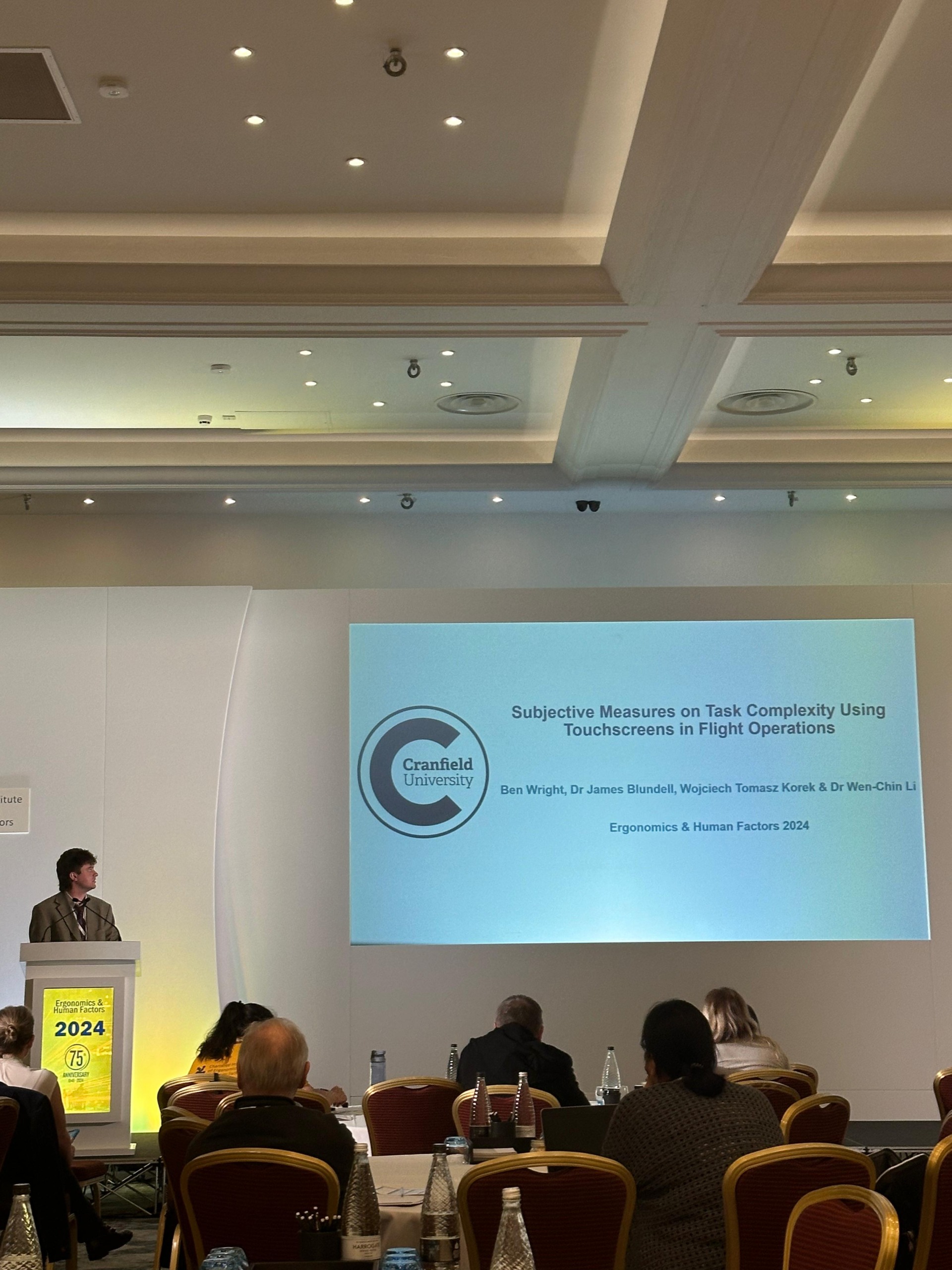
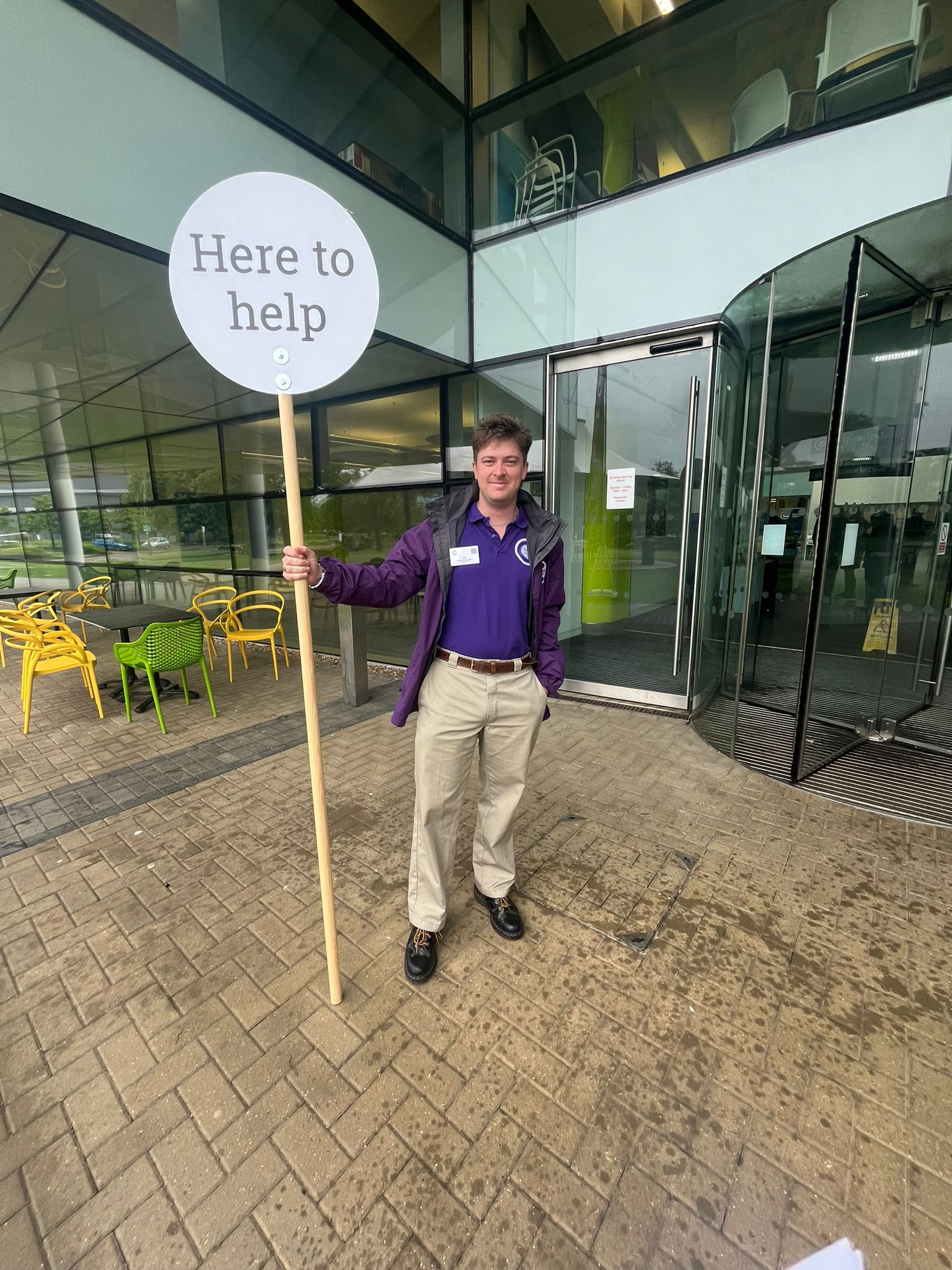
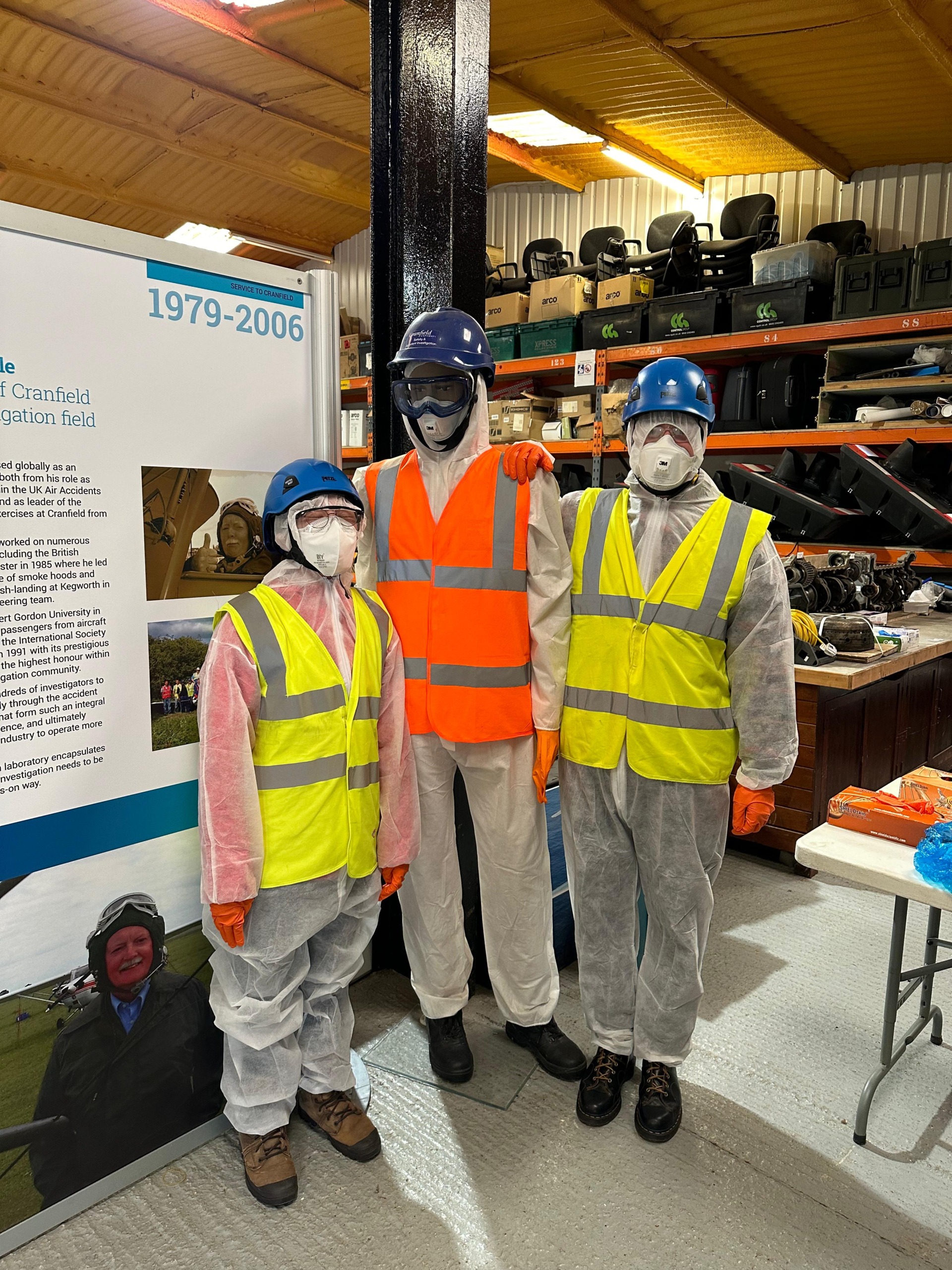
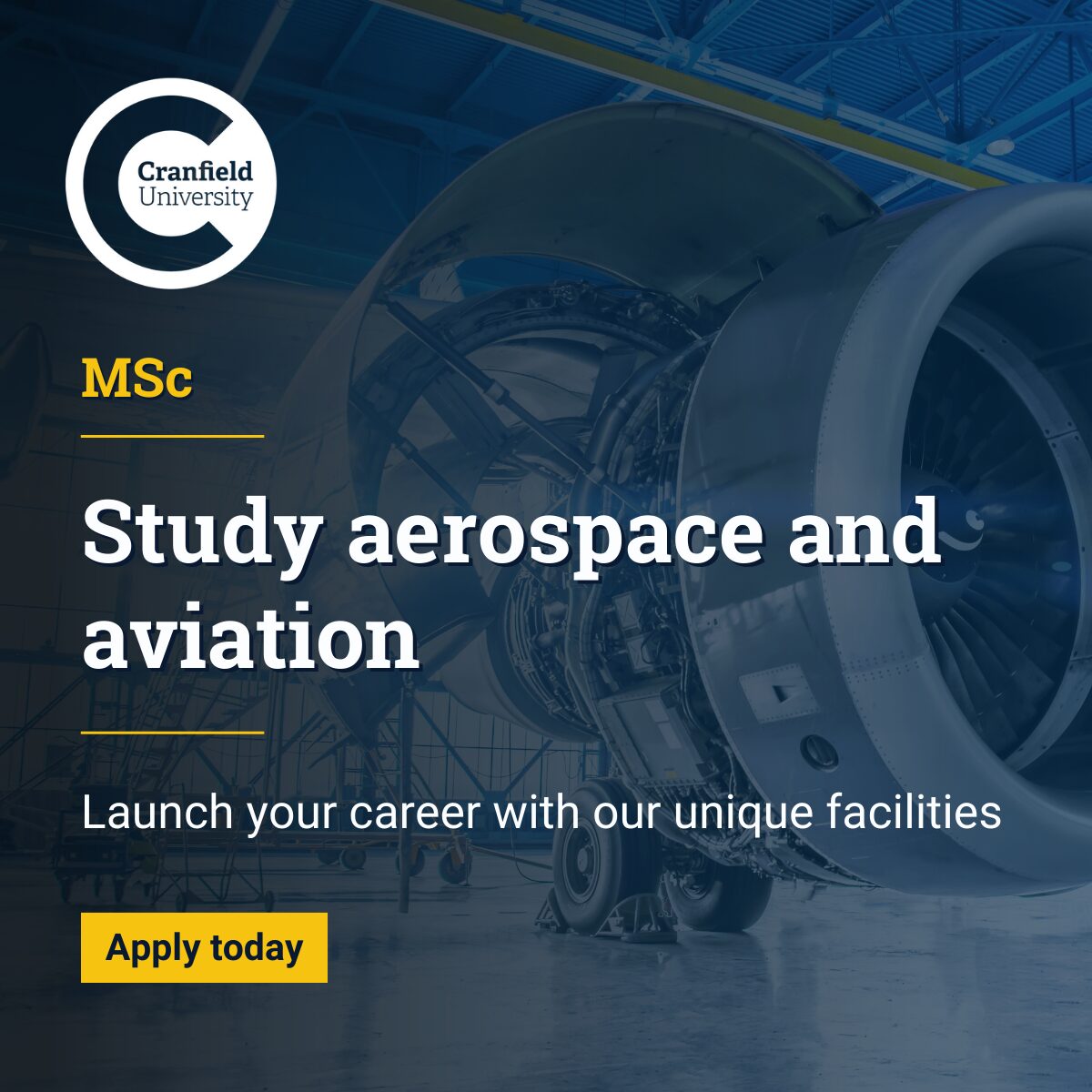






Comments are closed.